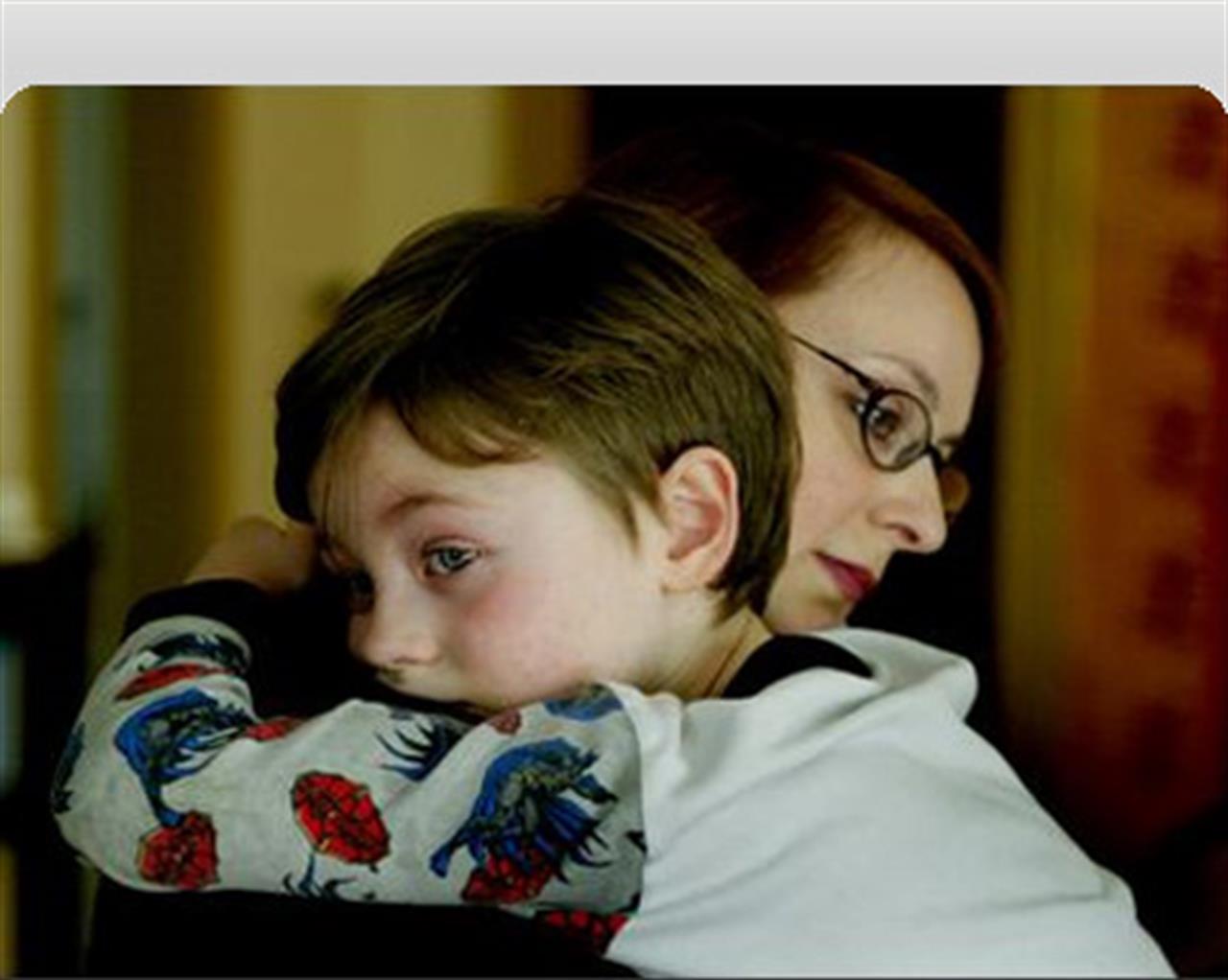Non profit
Poland: Controversies over the anti-discrimination act proposal
An act designed by a third sector organisation to bring equal opportunities to people with disability has highlighted the divides within the Polish third sector, obscuring the needs of those it seeks to help.

The Integration Association, a leading Polish organization working for the benefit of people on wheelchairs, with the counsel of a group of lawyers has prepared the proposal of an Act that would equalize the opportunities of people with disabilities commonly known as the Anti-discrimination Act. The proposal is modeled on British and American Acts and aims to fight against and prevent the discrimination of people with disabilities.
When presented at a national conference dealing with such issues, the proposal evoked many controversies. First of all, many organizations acting for the benefit of people with non-physical impairments say that the proposal focuses mostly on people with physical disabilities, ignoring the needs and obstacles faced by people with mental and intellectual problems. It is said that the Act proposal concentrates on removing architectural barriers, which constitute no barriers for people with non-physical impairments. The president of the Integration Association argued that they prepared the Act proposal because no one else – neither from the third sector nor from public administration – was willing to take on the role.
It would seem that Polish nonprofit organizations, even those working in the same field (in this case acting for people with disabilities) cannot get together and work together. Many criticize what others do, yet few are willing to do something themselves.
Much of the Act’s criticism has focused on whether such an Act is actually needed in Poland and whether the energy and cost of its preparation will not go in vain. Many say that Poland has already signed many general charters and documents of this kind (we are about to ratify the UN Convention on the rights of persons with disabilities), yet they have little practical value. The value might be of political nature, but that is all.
It is indeed true that the practical value of documents and acts of this kind is particularly low in Poland and other countries with continental law systems, these differ from the American and British common law systems. Many then challenge the idea of modeling Polish laws on laws that come from countries with a such a different legal system. In both the U.S and the UK the legal system is built upon general laws and acts, while the interpretation of these general rules are made by courts that create particular cases for future reference. In Poland, the system of social assistance and other regulation systems are based on a great number of detailed provisions written in acts and decrees and what is not specifically written in particular laws will not be applied by any institutions. Neither institutions, officials, nor private individuals can, in Polish courts, refer to general conventions. They need to refer to particular and detailed provisions.
In summary, numerous discussions within various forums have brought no solutions and the Act proposal has so far faced a dead end. It is sad that an initiative that was to improve the fate of people with disabilities in Poland has only been able to evoke conflict. The question has also highlighted that the Polish third sector’s problem is that has no common representation and no will to act for the common good, even among those organizations that share the common aim of assisting people with disabilities.
Nessuno ti regala niente, noi sì
Hai letto questo articolo liberamente, senza essere bloccato dopo le prime righe. Ti è piaciuto? L’hai trovato interessante e utile? Gli articoli online di VITA sono in larga parte accessibili gratuitamente. Ci teniamo sia così per sempre, perché l’informazione è un diritto di tutti. E possiamo farlo grazie al supporto di chi si abbona.
